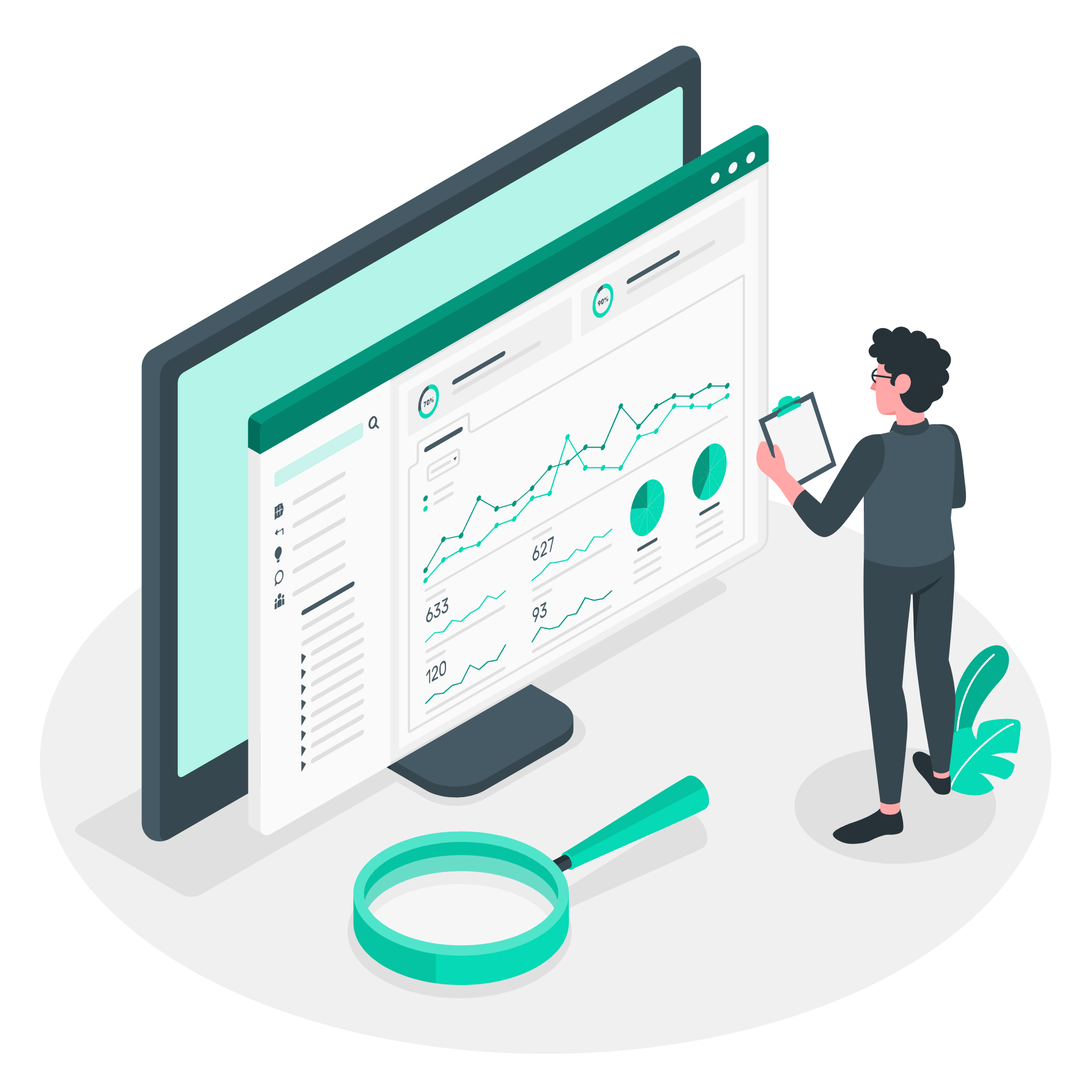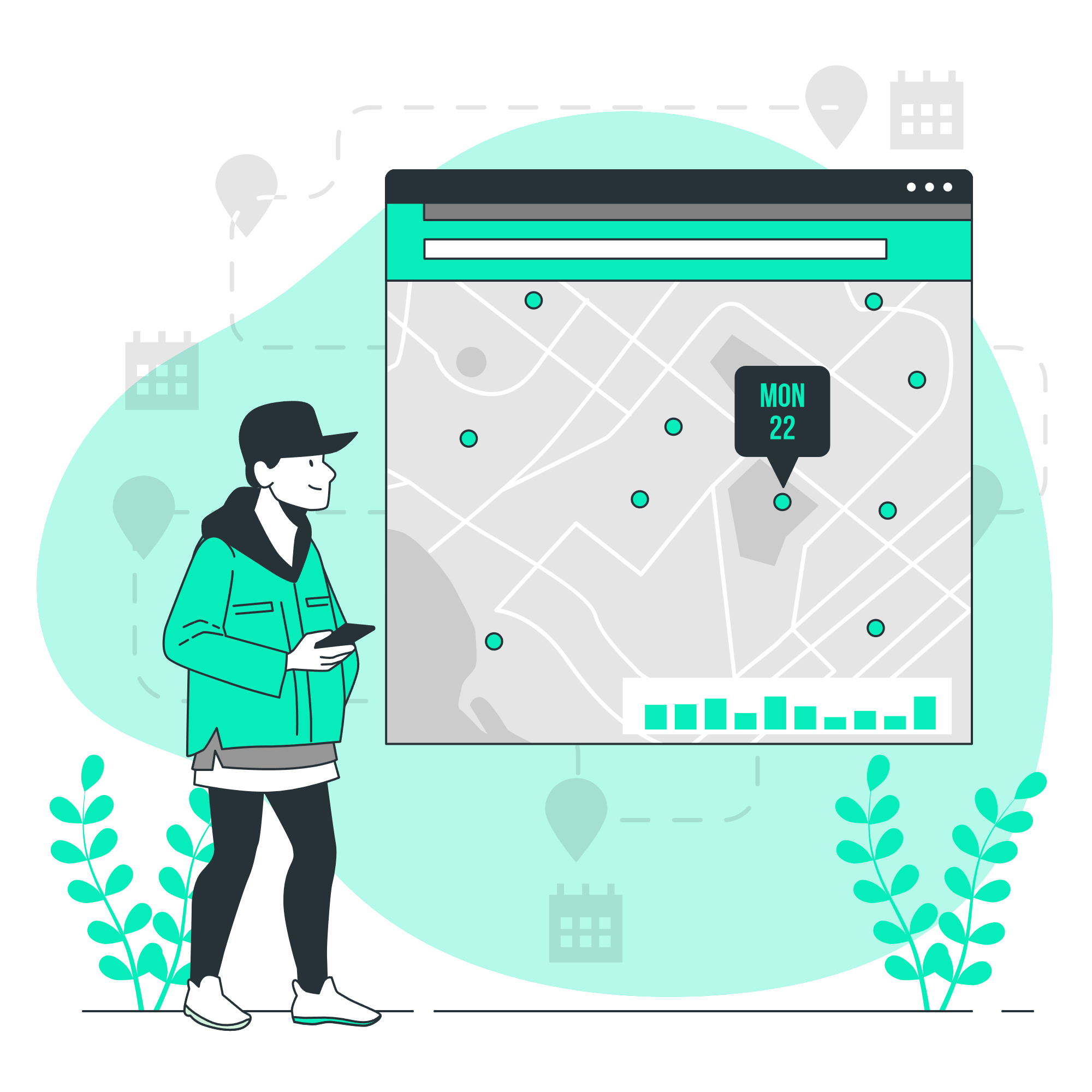Our B2B database Provider is the ultimate resource for businesses looking to connect with key decision-makers across various industries. With millions of records at your fingertips, you’ll be able to streamline your sales outreach and marketing efforts like never before.
With a trusted B2B database provider on your side, you can eliminate bad data and streamline your sales efforts. Our team is dedicated to delivering accurate and actionable insights to help your business grow.
Latest B2B Database for E-commerce
Latest B2B Data for Manufacturing
Why Choose Our B2B Databases?
- Accuracy: Our databases are verified and updated regularly to ensure accuracy and reliability.
- Comprehensive: Our B2B DATABASE PROVIDER cover a wide range of industries and companies, providing you with a comprehensive view of the market.
- Customizable: Our B2B DATABASE PROVIDER can be customized to meet your specific business needs, including filtering by industry, company size, and job title.
- Scalable: Our databases are scalable to meet the evolving needs of your business.
A B2B DATABASE PROVIDER is a powerful tool that can greatly enhance a business’s ability to reach and engage with other businesses. Here are some of the key uses of a B2B database:
1. Targeted Marketing Campaigns
- Segmentation: A B2B DATABASE PROVIDER allows you to segment your target audience based on industry, company size, location, or other criteria. This helps in crafting highly targeted marketing campaigns that resonate with specific groups.
- Personalization: With detailed data on prospects, you can create personalized marketing messages that are more likely to capture attention and drive conversions.
2. Lead Generation
- Efficient Prospecting: Access to a comprehensive B2B DATABASE PROVIDER enables your sales team to quickly identify and reach out to potential leads. This speeds up the lead generation process and helps fill your sales pipeline with qualified prospects.
- Nurturing Relationships: A B2B database helps in tracking and managing leads over time, ensuring that your sales team can nurture relationships effectively.
3. Market Research
- Industry Insights: By analyzing data from your B2B database, you can gain valuable insights into market trends, competitor activities, and industry shifts. This information is critical for making informed business decisions.
- Product Development: Understanding the needs and preferences of different segments within your B2B database can guide product development and innovation efforts.
4. Sales Strategy Optimization
- Improved Targeting: A B2B database allows sales teams to focus their efforts on the most promising leads, improving conversion rates and sales efficiency.
- Account-Based Marketing (ABM): For companies using an ABM approach, a B2B database is essential for identifying and engaging with high-value accounts in a personalized manner.
5. Partnerships and Networking
- Identifying Key Contacts: A B2B database provides detailed contact information, making it easier to identify and connect with decision-makers at potential partner companies.
- Expanding Networks: Use the database to build and expand your professional network, opening up opportunities for collaborations, partnerships, and business growth.
6. Customer Retention
- Data-Driven Retention Strategies: By analyzing customer data within your B2B database, you can identify trends and behaviors that indicate customer satisfaction or dissatisfaction, allowing you to implement proactive retention strategies.
- Upselling and Cross-Selling: A well-maintained B2B database can help identify opportunities for upselling and cross-selling to existing customers based on their purchasing history and needs.
7. Event and Webinar Outreach
- Targeted Invitations: If you’re hosting a business event or webinar, a B2B database allows you to send invitations to the most relevant audience, increasing attendance rates and engagement.
- Follow-Up: Post-event follow-up is crucial, and a B2B database ensures you can easily reach out to attendees, fostering ongoing engagement.
8. Compliance and Risk Management
- Data Accuracy: Regularly updating and maintaining your B2B database helps ensure that the information is accurate and compliant with regulations like GDPR, reducing the risk of legal issues.
- Risk Assessment: A B2B database can be used to assess the credibility and reliability of potential business partners, helping to mitigate risks in your business dealings.
By effectively leveraging a B2B database, businesses can streamline operations, improve marketing and sales outcomes, and ultimately drive growth.
WHY USE B2B DATABASE..???
HOW TO USE B2B DATABASE..???
“Enhance Sales Outreach with Accurate Data”
Boost sales with accurate and up-to-date B2B data from a trusted database provider. Get verified contact information and close more deals. A reliable B2B database provider can help you enhance your sales outreach efforts and increase conversions.“Streamline Marketing Efforts with Targeted Data”
Optimize your marketing strategy with targeted B2B data from a leading database provider. Reach the right audience and increase conversions. By using a B2B database solution, you can streamline your marketing efforts and achieve better results.“Reduce Costs and Increase Efficiency with Data Management”
Simplify data management with a trusted B2B database provider. Reduce costs and increase efficiency with accurate and up-to-date data. A B2B database provider can help you reduce costs and increase efficiency by managing your data effectively.“Gain Competitive Insights with Advanced Data Analytics”
Unlock business insights with advanced data analytics from a leading B2B database provider. Stay ahead of the competition and make informed decisions. By using a B2B database provider, you can gain competitive insights and stay ahead of the competition.“Ensure Compliance with Data Regulations and Security”
Protect your business with secure and compliant B2B data from a trusted database provider. Ensure data security and regulatory compliance. A reliable B2B database provider can help you ensure compliance with data regulations and security standards.
Boost Your Business with a Reliable B2B Database Provider
In the world of B2B marketing, having access to accurate and comprehensive data is crucial for success. A B2B Database Provider offers businesses the tools they need to connect with the right partners, clients, and prospects. By leveraging a reliable B2B database, you can streamline your marketing efforts, increase lead generation, and drive more sales.
A trusted B2B Database Provider delivers up-to-date, verified information that helps you target the right companies and decision-makers. This can significantly reduce the time and effort required to identify and connect with potential business partners. Whether you’re looking to expand your market reach, build strategic relationships, or enhance your sales pipeline, a robust B2B database is an essential asset.
Invest in a reputable B2B Database Provider today, and watch your business thrive with more targeted, effective marketing strategies.
A B2B database is a powerful tool that can greatly enhance a business’s ability to reach and engage with other businesses. Here are some of the key uses of a B2B database:
1. Targeted Marketing Campaigns
- Segmentation: A B2B database allows you to segment your target audience based on industry, company size, location, or other criteria. This helps in crafting highly targeted marketing campaigns that resonate with specific groups.
- Personalization: With detailed data on prospects, you can create personalized marketing messages that are more likely to capture attention and drive conversions.
2. Lead Generation
- Efficient Prospecting: Access to a comprehensive B2B database enables your sales team to quickly identify and reach out to potential leads. This speeds up the lead generation process and helps fill your sales pipeline with qualified prospects.
- Nurturing Relationships: A B2B database helps in tracking and managing leads over time, ensuring that your sales team can nurture relationships effectively.
3. Market Research
- Industry Insights: By analyzing data from your B2B database, you can gain valuable insights into market trends, competitor activities, and industry shifts. This information is critical for making informed business decisions.
- Product Development: Understanding the needs and preferences of different segments within your B2B database can guide product development and innovation efforts.
4. Sales Strategy Optimization
- Improved Targeting: A B2B database allows sales teams to focus their efforts on the most promising leads, improving conversion rates and sales efficiency.
- Account-Based Marketing (ABM): For companies using an ABM approach, a B2B database is essential for identifying and engaging with high-value accounts in a personalized manner.
5. Partnerships and Networking
- Identifying Key Contacts: A B2B database provides detailed contact information, making it easier to identify and connect with decision-makers at potential partner companies.
- Expanding Networks: Use the database to build and expand your professional network, opening up opportunities for collaborations, partnerships, and business growth.
6. Customer Retention
- Data-Driven Retention Strategies: By analyzing customer data within your B2B database, you can identify trends and behaviors that indicate customer satisfaction or dissatisfaction, allowing you to implement proactive retention strategies.
- Upselling and Cross-Selling: A well-maintained B2B database can help identify opportunities for upselling and cross-selling to existing customers based on their purchasing history and needs.
7. Event and Webinar Outreach
- Targeted Invitations: If you’re hosting a business event or webinar, a B2B database allows you to send invitations to the most relevant audience, increasing attendance rates and engagement.
- Follow-Up: Post-event follow-up is crucial, and a B2B database ensures you can easily reach out to attendees, fostering ongoing engagement.
8. Compliance and Risk Management
- Data Accuracy: Regularly updating and maintaining your B2B database helps ensure that the information is accurate and compliant with regulations like GDPR, reducing the risk of legal issues.
- Risk Assessment: A B2B database can be used to assess the credibility and reliability of potential business partners, helping to mitigate risks in your business dealings.
By effectively leveraging a B2B database, businesses can streamline operations, improve marketing and sales outcomes, and ultimately drive growth.











